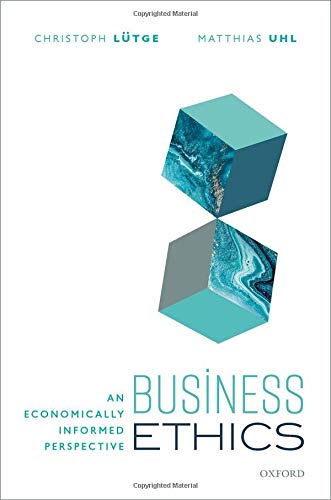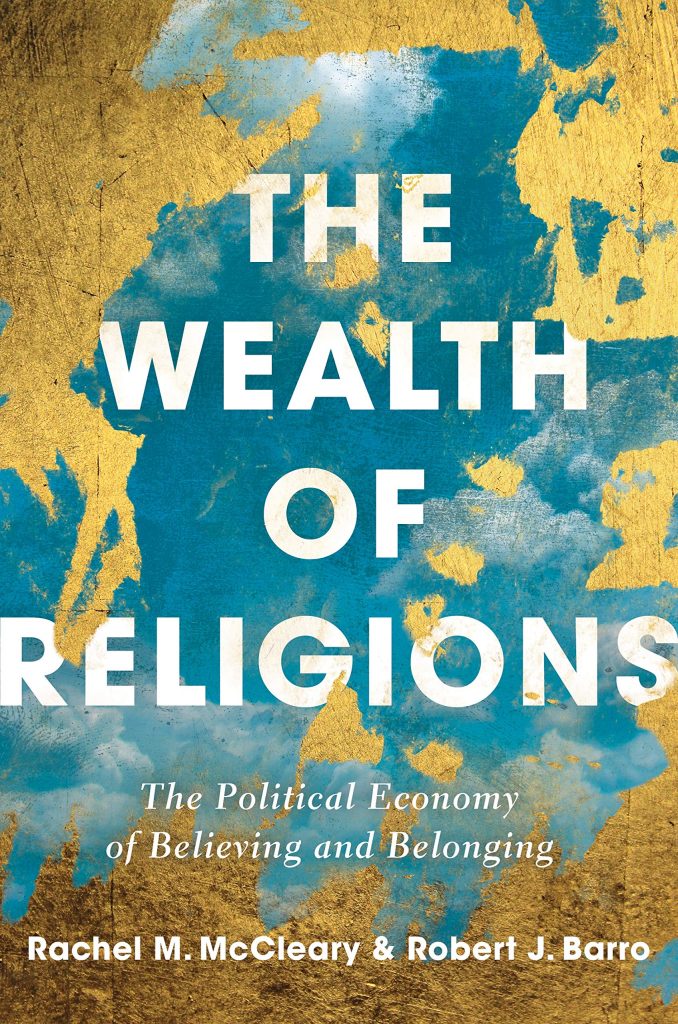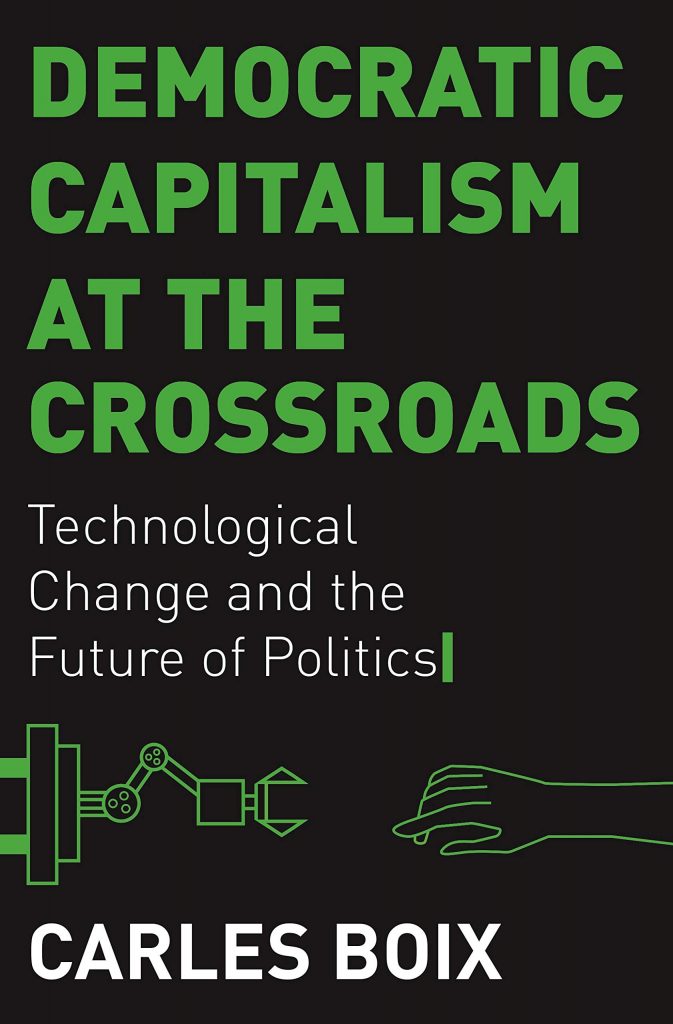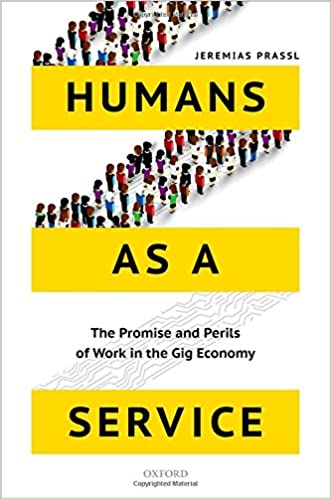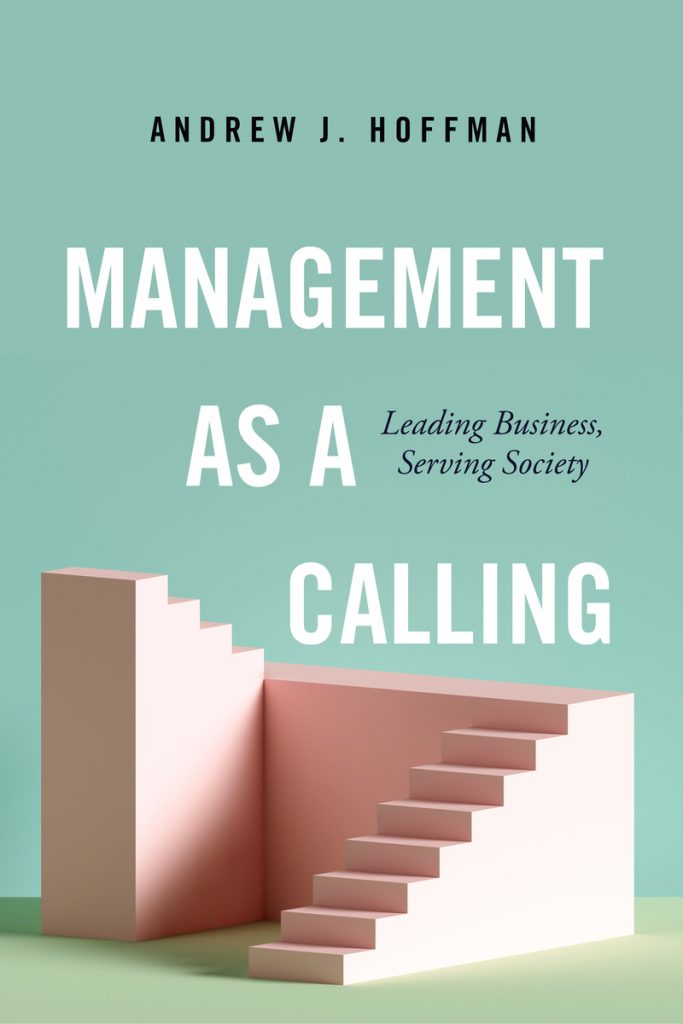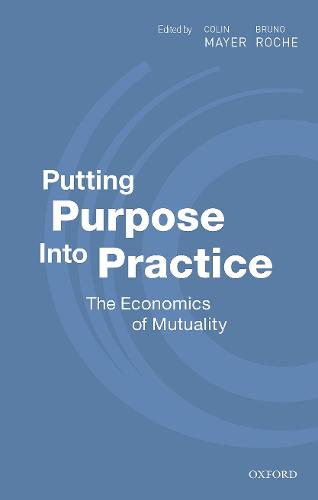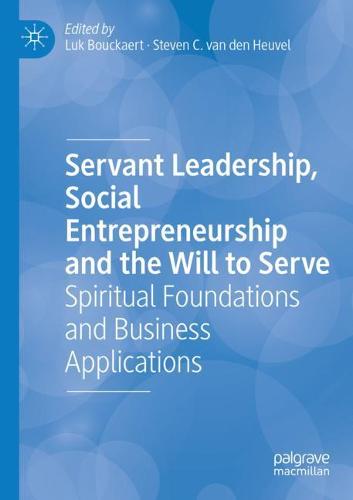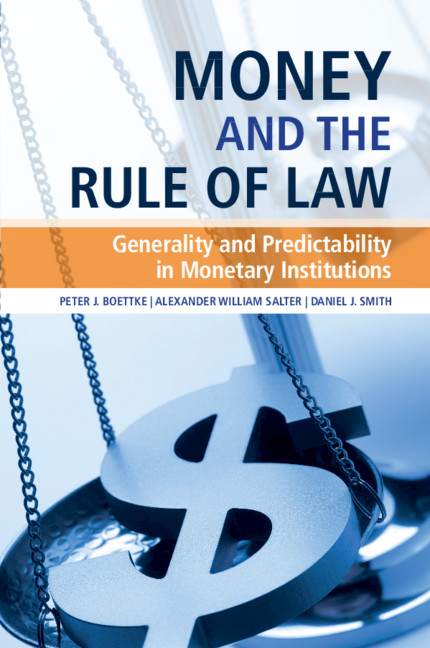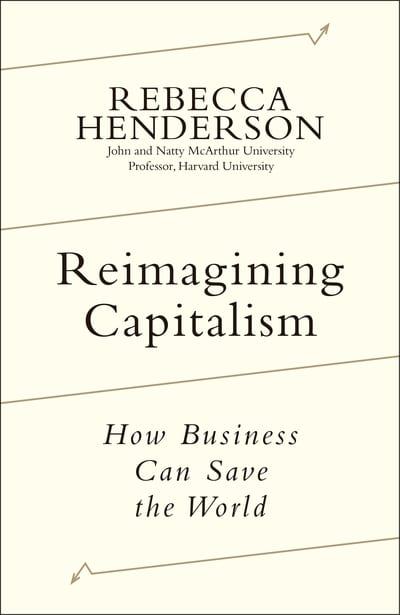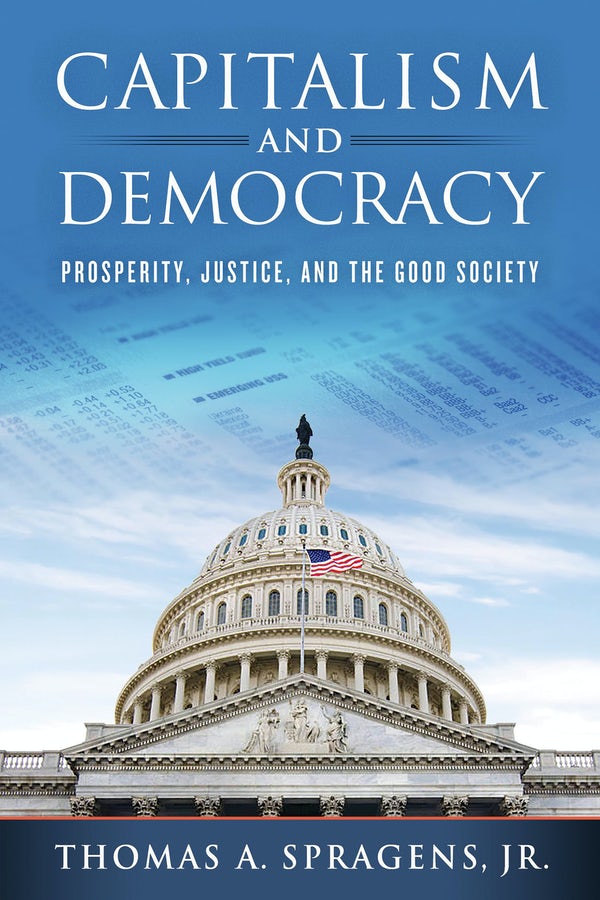Andy Hartropp: “Business Ethics: An Economically Informed Perspective” by Christopher L. & Matthias U.
Some of the toughest and most complex challenges faced by businesses and corporations in today’s world involve ethics and morality. This is in part why the study of business ethics has now become central in MBA and other programmes. But the very complexity of these challenges, in an increasingly pluralized as well as globalized world,...

